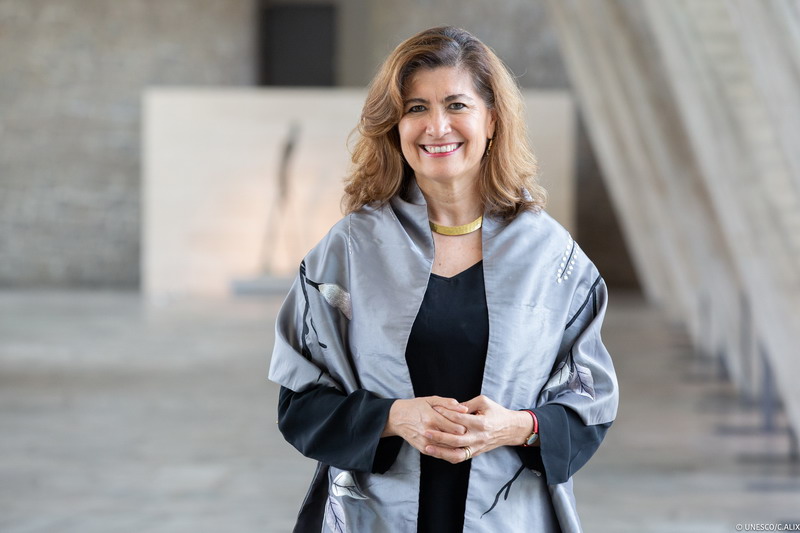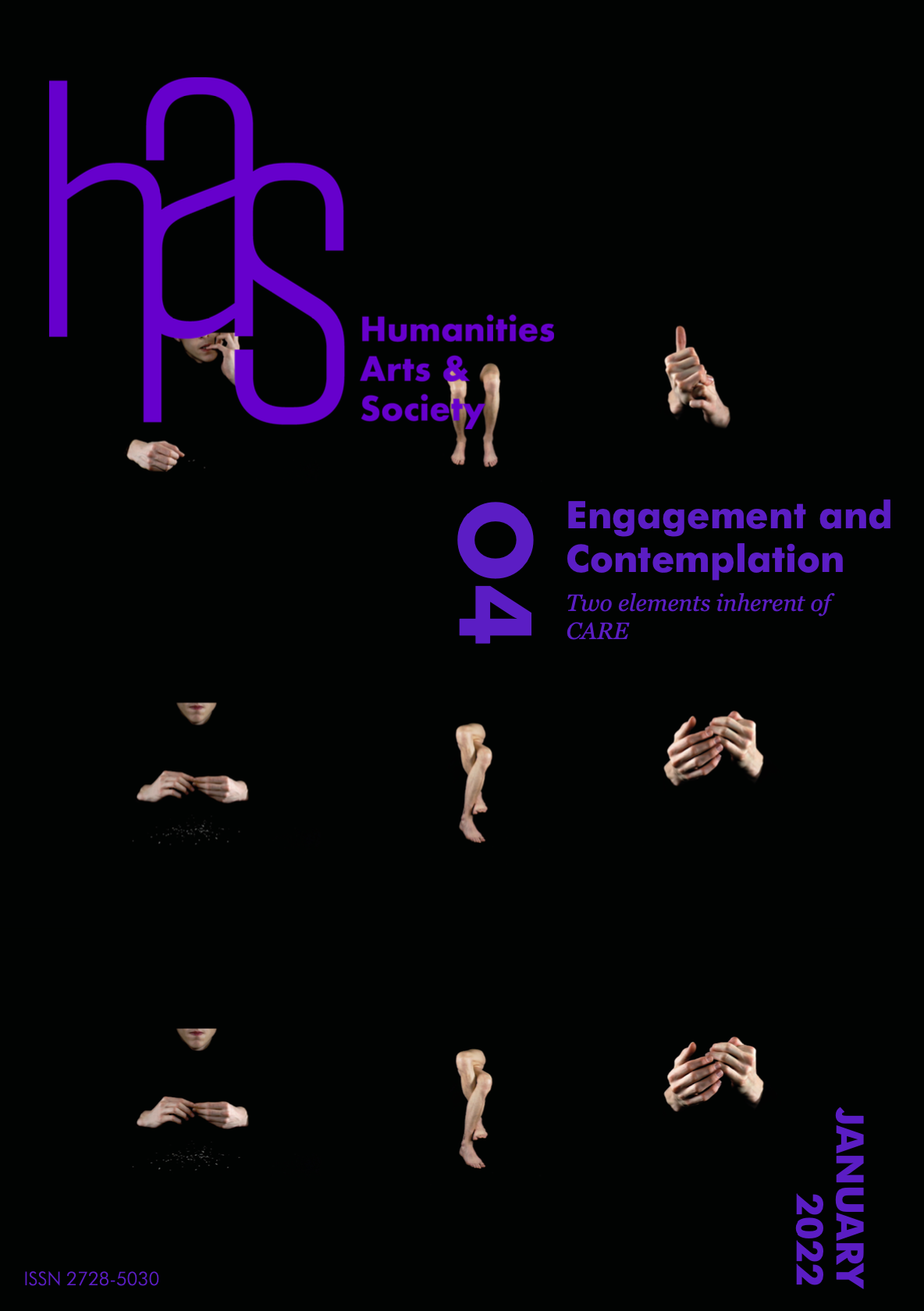
We are living in what some call the plague year. A reference to Daniel Defoe’s Journal, published in 1722. A reminder that humanity has been here before, and a warning that we will be again.
Listen to Defoe, three centuries before the term “fake news” was invented: The plague was itself very terrible, and the distress of the people very great… But the rumour was infinitely greater.1
Of course, Defoe is far from being the only voice that speaks to us from the past. As René Girard reminds us, “the plague is found everywhere in literature”2. We can think of Thucydides describing the plague in Athens, or Boccaccio describing it in Florence. More recently, Tetsuo Takashima published The Pandemic in 2010 about a virus starting in China provoking lockdowns in Tokyo. The visual arts, too, such as Tintoretto’s precise rendition of the symptoms in Saint Roch Healing the Plague-Stricken.
Beyond descriptions and insights, we can find analyses. In his course on The Philosophy of Nature in 1830, Hegel shows that to understand an epidemic, you have to understand the interactions between the internal functioning of the organism, the whole of nature outside it, including climate, geography and history.3
We can learn from the past to prepare for the future. The humanities are the guardian of this knowledge, and they provide us with the tools to understand our predicament, cope with its challenges, and even come out stronger. At least two aspects of the humanities work have proved to be of particular importance in the pandemic.
First, the importance of the humanities in disaster risk reduction. There is no point in having the best medical advice, the best technical solutions, if people reject them. We need to understand how people make decisions, who they trust, where they get their information. This requires an understanding of culture, tradition, language, norms, community… Knowledge that is difficult, if not impossible to acquire without the humanities.
A second aspect that prevails is the need to apply a gender lens to focus attention on issues. Women are exposed on the front lines of the fight against Covid in health care, in retail, in all those other activities that we now realise are essential. But they are the victims of a pandemic of violence within the Covid pandemic. Their jobs are often the first to be cut. They usually have the extra burden of home care and home schooling on top of all the unpaid work they were doing already. Other oppressed groups have also seen their oppression get worse, with the surge in racism and discrimination.
Beyond the data and details, the humanities teach us that humans and the societies they create are not machines to be controlled by pulling a few policy levers. The philosopher Edgar Morin reminds us that uncertainty “remains an impregnable element of the human condition and that we must accept it”.4 Or as Jurgen Habermas said recently about the pandemic, “In this crisis, we have to act in the explicit knowledge of our non-knowledge”.5 Even the best public policies in the world are not answers to uncertainty. The dialogue between the humanities and public policy needs to strike the right balance: balancing probabilities, when our civilisation has instilled in us the need for ever more certainty about the future, often illusory. The humanities are the key to recovering this form of humanism and resilience, as we need them to critically analyse the social effects of the pandemic. Behaviours, events, social structures, emerge from trillions of interactions among people, the environment, society, the economy. The humanities can help us understand how the past and our thoughts on the future influence these outcomes.
At UNESCO, we promote this broad agenda as the only realistic way to understand the world and guide policy actions, especially at critical junctures like the present. These are the reasons why we were so keen to maintain, despite the pandemic, important events such as World Philosophy Day and World Poetry Day, or the International Summit on Futures Literacy. Beyond the crisis, UNESCO calls on the human sciences to respond to the major challenges facing our world.
First, to address, understand and combat inequalities, we use economics, anthropology, geography and sociology, through our Management of Social Transformations programme and our Inclusive Policy Lab.
Then, human actions are based upon cultural, social, and ethical schemes of knowledge, interpretation, engagement and awareness. The UNESCO Humanities, Arts and Society project supports multidisciplinary cooperation between various fields of research and the arts as part of the process of enhancing creativity and imagining new futures.
We shed new light on the past too. Through our General History of Africa and The Slave Route projects, as well as our Silk Road programme, we can build more peaceful societies in the present by better understanding the complex lessons and diverse views of the past. The General History of Africa, written by Africans, paints a precise, decolonialised portrait of the past of the African continent, its cultural diversity, and its contribution to the progress of humanity. Today, fifteen African states and France have embarked on the path of integrating this educational material into their school programmes to promote better reciprocal knowledge but also to fight against racism and xenophobia, a pledge of cohesion and social peace.
We tackle global issues like planetary environmental emergencies through our BRIDGES initiative. The BRIDGES Session of the Conference will discuss the importance of expanding the science of sustainability through interdisciplinary contributions from indigenous knowledge, history, geography, philosophy, anthropology, and political science to develop tools to face the complex problem of climate as a whole. The Humanities are of inestimable value in facing the environmental crisis and in rethinking the relationship between man and the planet.
One of our most important initiatives is to draft a Recommendation on the Ethics of Artificial Intelligence, that our Member States will vote to adopt in November. We do not see this as just a technical or a regulatory issue. The convergence between the human sciences (especially philosophy), computer science – and of course artificial intelligence – offers the opportunity to establish an interdisciplinary dialogue that serves as a tool to build an adequate and necessary ethical framework. An approach based on the humanities prompts us to ask deeper questions about the nature of intelligence that AI seeks to imitate, and provides a framework for considering who is producing this technology, how, for whom and with what consequences, for better or worse.
Lastly, the Recommendation on Open Science, which our Member States are currently discussing, aims to improve access to science, including the Humanities. This would improve research conditions, particularly in developing countries, but also provide more opportunities for science to develop solutions for our societies.
In conclusion, the main objective of the Lisbon declaration will be to invite states and institutions to commit themselves to concretely support the autonomy of the Humanities and, beyond that, to strengthen the design of political responses to major contemporary challenges. Our societies are changing, and there is a need to track that societal transformation, so let’s build together the policies and practices that can help pursue societal resilience and cohesion.
Let’s recall that in La Peste, Camus also sounds a note of optimism: “What we learn in time of pestilence: that there are more things to admire in men than to despise.”6
Let us work together to identify and nourish what is admirable.
References
1 https://www.gutenberg.org/files/376/376-h/376-h.htm
2 GIRARD, RENE. “The Plague in Literature and Myth.” Texas Studies in Literature and Language 15, no. 5 (1974): 833–50. http://www.jstor.org/stable/40754299.
3 G. W. F. Hegel, Encyclopédie des sciences philosophiques, II, Philosophie de la nature, Paris, Vrin, coll. « Bibliothèque des textes philosophiques », 2004
4 https://lejournal.cnrs.fr/articles/edgar-morin-nous-devons-vivre-avec-lincertitude
6 CAMUS Albert, La peste, Ed. du Livre de poche, collection Folio, 1972, p.279.
A program aiming to strengthen the connection between research and policy and between knowledge and action. This is key to fostering positive social change towards inclusive and sustainable development.
https://en.unesco.org/themes/social-transformations/most
A program aiming to strengthen the connection between research and policy and between knowledge and action. This is key to fostering positive social change towards inclusive and sustainable development.
https://en.unesco.org/themes/social-transformations/most
